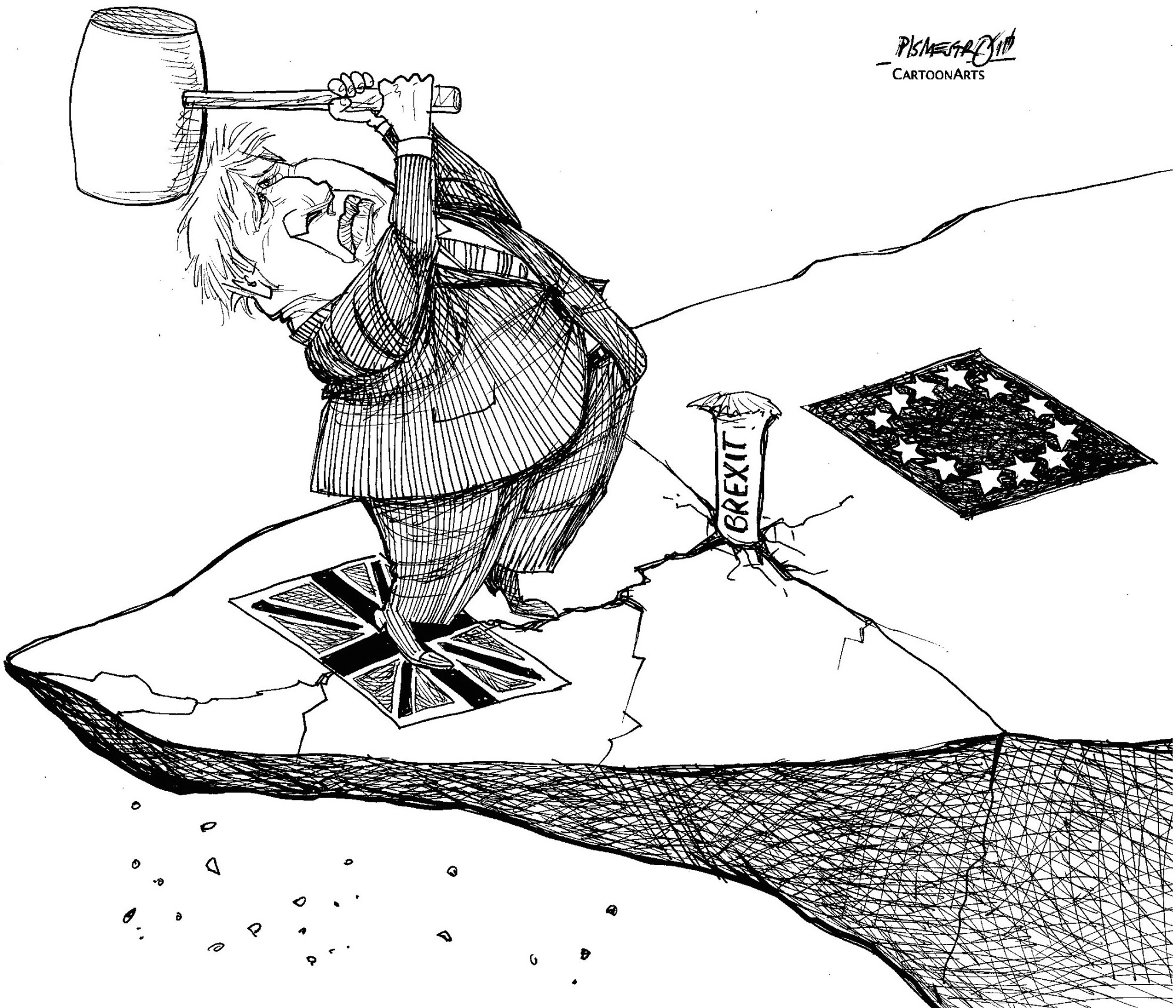In another bizarre twist in the Brexit saga, the U.K. Parliament has signaled its acceptance of Prime Minister Boris Johnson's withdrawal deal with the European Union but has also decided there must be a general election on Dec. 12 before the deal can finally be ratified. EU leaders could be forgiven an ironic smile. Even though opinion polls give Johnson's pro-Brexit Conservatives a commanding lead as the campaign opens, they also indicate that a clear majority of British voters — larger than the one that backed "leave" in the 2016 referendum — actually favors remaining in the EU.
But EU leaders may want to contain their smiles. The EU's biggest enemy is not Euroskeptic hostility, but rather indifference. Although polls taken even before the Brexit referendum tended to show a majority for "remain," they also found that most Britons didn't care about the EU one way or another. The question of EU membership simply wasn't a priority issue for most people. It was assumed that voters would select the less risky option and support staying in the bloc. In fact, their indifference put the referendum up for grabs.
As a result, random contingencies or the effectiveness of either side's rhetoric had the potential to push the result over the line in either direction. In the event, immigration had become a potent issue in 2016, owing to media images of mass migration and refugee flows across the Mediterranean and the Balkans. For the leave campaign, the EU's failure to manage the crisis was a boon.



















With your current subscription plan you can comment on stories. However, before writing your first comment, please create a display name in the Profile section of your subscriber account page.